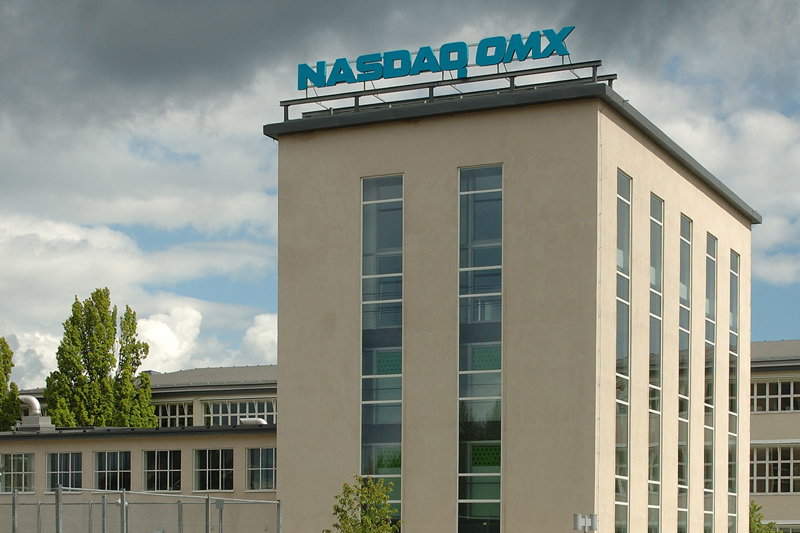The pan-European Stoxx 600 index was up 1.48% in early deals with all regional markets higher. After the 75 basis-point rise in US interest rates this week, traders will be eyeing US jobs data later in the day.
Hong Kong’s Hang Seng index surged more than 5% on social media speculation that some of China’s strict Covid rules that have sharply weighed on its economy could be set to ease in the coming months, although the mood was tempered when Chinese officials said they were unaware of any such move.
In the UK, bond yields rose as Andrew Hauser, the Bank of England's executive director for markets, told a European Central Bank conference that the BoE wanted to sell some of the gilts it bought to prop up markets in the wake of the government's abandoned mini-budget proposals.
He said the bank wanted to unwind its position in a timely and orderly way, and hoped to say more in the next week or two and did not rule out sales starting before the end of the year.
In other economic news, eurozone business activity contracted in October as the cost-of-living crisis hit demand, the S&P Global PMI survey revealed on Friday.
Its final composite Purchasing Managers' Index (PMI) for the 19-country single currency bloc euro zone fell to a 23-month low of 47.3 in October from September's 48.1. A reading of below 50 indicates contraction.
"After a weak third quarter of PMI and official GDP data, the latest survey results for the start of the fourth quarter suggest the euro zone economy is now headed for a winter recession," said S&P Global Market Intelligence senior economist.
"High inflation is dampening demand and hurting business confidence. Fears that the energy crisis could intensify over the winter period are also feeding uncertainty and weighing on decision-making."
The new business index fell to 45.0, from 46.3 in September, its lowest reading since November 2020.
A PMI covering the bloc's dominant services industry nudged down to a 20-month low of 48.6 from 48.8.
"October PMI data suggest inflationary pressures remained extremely elevated across the euro zone," Hayes added.
To add to the gloom, German factory orders fell a lot more than expected in September, according to official figures, stoking further the fears of a recission.
Factory orders declined by 4% on the previous month following a 2% drop in August, missing expectations for a 0.5% fall. On the year, orders were down 10.8% in September following a 3.8% decline the month before and versus expectations for an 8.8% fall.
In equity news, shares in Societe Generale (EPA:SOGN), France’s third-biggest listed bank, rose as it posted a higher than expected net income in the third quarter as market volatility boosted trading revenues.
Austrian tech firm Andritz surged on positive third-quarter results.
Reporting by Frank Prenesti for Sharecast.com
